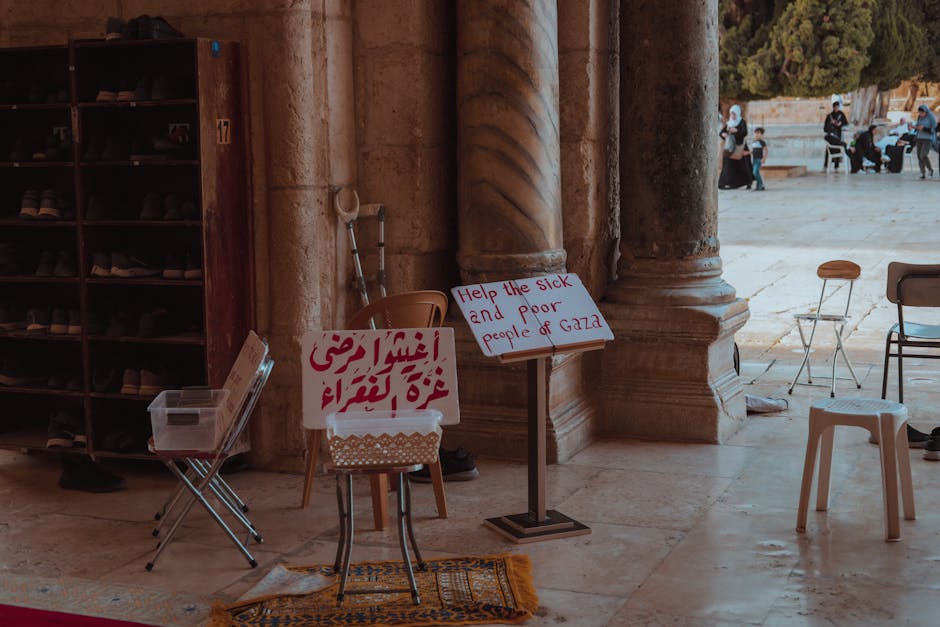Escalation in Gaza: Israel Strikes and Halts Aid
In a significant escalation of hostilities, Israel has conducted a series of airstrikes on Gaza and temporarily suspended humanitarian aid deliveries, accusing Hamas of violating a recently brokered ceasefire. The move has reignited tensions in the region, raising concerns about the worsening humanitarian crisis and the potential for further violence.
Ceasefire Broken: Israel’s Response
The ceasefire, established just days ago through international mediation, aimed to provide a brief pause in the ongoing conflict. However, Israeli officials claim that Hamas breached the truce by launching rockets into southern Israel late Tuesday night.
“Hamas has once again shown its disregard for peace and the safety of civilians,” said an Israeli military spokesperson. “We will not tolerate such provocations and will respond with force to protect our citizens.”
Impact on Gaza: Casualties and Aid Suspension
The airstrikes targeted what Israel described as Hamas military installations, including weapons depots and command centers. Palestinian health officials reported several casualties, though the exact number remains unclear. Meanwhile, the temporary suspension of aid deliveries has drawn sharp criticism from humanitarian organizations.
“Cutting off aid at a time when Gaza is on the brink of a humanitarian catastrophe is unconscionable,” said a spokesperson for the United Nations Relief and Works Agency (UNRWA). “Civilians, including children, are bearing the brunt of this conflict, and they cannot afford to lose access to essential supplies.”
Gaza’s Dire Situation
Gaza, home to over two million people, has been under a crippling blockade for years, severely limiting access to food, medicine, and other necessities. The recent escalation of violence has exacerbated the suffering, with hospitals overwhelmed and infrastructure in ruins. The temporary halt in aid deliveries has left many families struggling to secure basic provisions.
Hamas Denies Violations
Hamas has denied violating the ceasefire and accused Israel of using the allegations as a pretext to continue its military campaign. “Israel is the aggressor, not the victim,” said a Hamas spokesperson. “We remain committed to defending our people and our land against occupation and oppression.”
International Calls for De-escalation
The international community has called for an immediate de-escalation, with several countries urging both sides to return to negotiations. “The cycle of violence must end,” said a spokesperson for the European Union. “We urge all parties to exercise restraint and prioritize the protection of civilians.”
The United States, a key ally of Israel, has also weighed in, calling for calm while reaffirming Israel’s right to self-defense. “We support Israel’s security, but we also recognize the urgent need to address the humanitarian crisis in Gaza,” said a State Department official.
A Path Forward?
As the situation remains volatile, analysts warn that the conflict could spiral out of control without a lasting solution. “This is not just about rockets and airstrikes; it’s about addressing the root causes of the conflict,” said a Middle East expert. “Without meaningful dialogue and a commitment to peace, we will continue to see cycles of violence and suffering.”
For now, the people of Gaza are left to endure the devastating consequences of the latest escalation. With aid deliveries suspended and no end to the violence in sight, the future remains uncertain for a population that has already endured decades of hardship.




